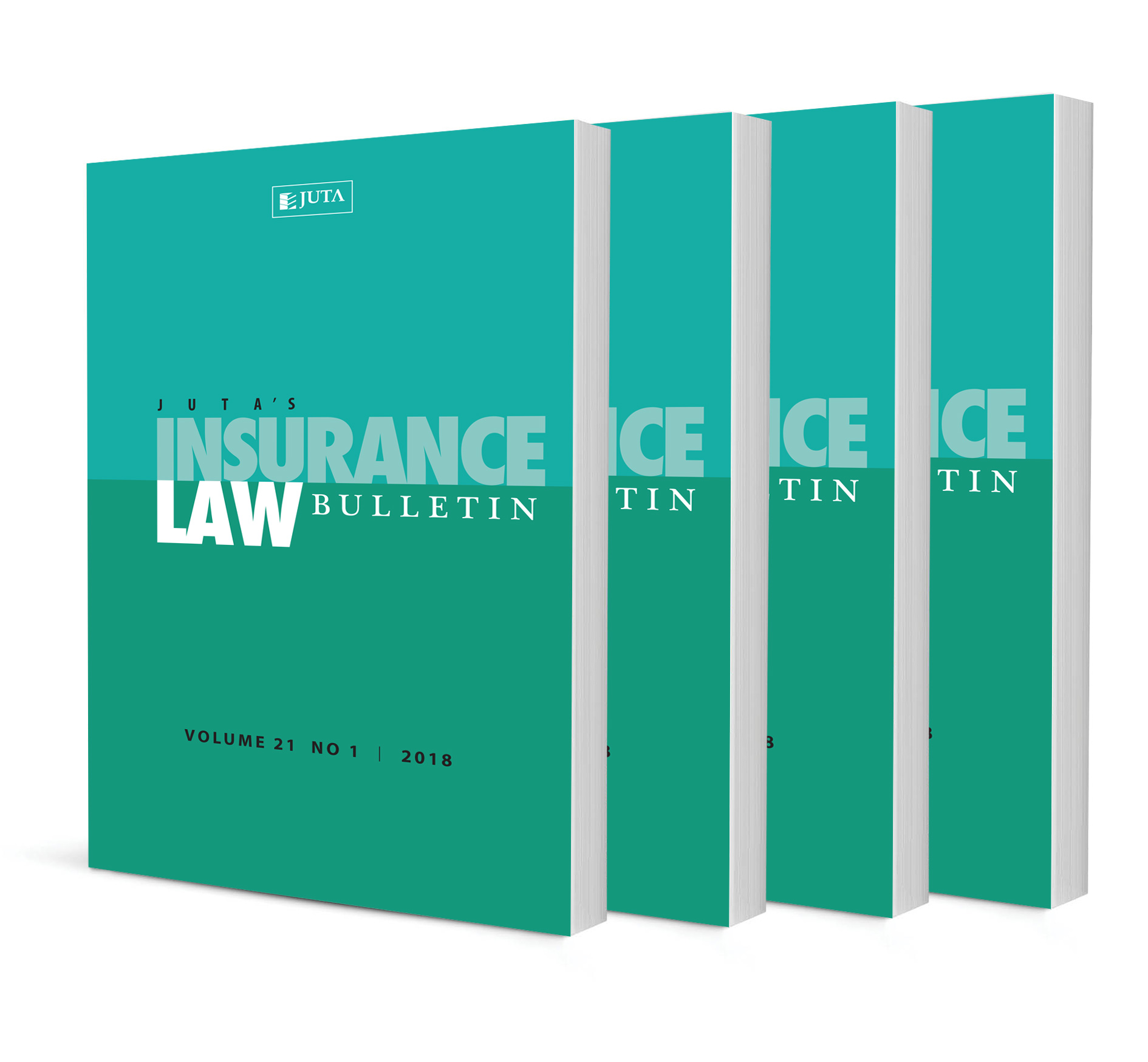Cases: Santam Limited v TKT Towing (Pty) Ltd 2022 JDR 3240 (GJ)

Cases: Santam Limited v TKT Towing (Pty) Ltd
2022 JDR 3240 (GJ)
Author Daleen Millard
ISSN: 2517-9543
Affiliations: Dean: Faculty of Law, Thompson Rivers University
Source: Juta’s Insurance Law Bulletin, Volume 25 Issue 4, 2022, p. 78 – 79
Abstract
None